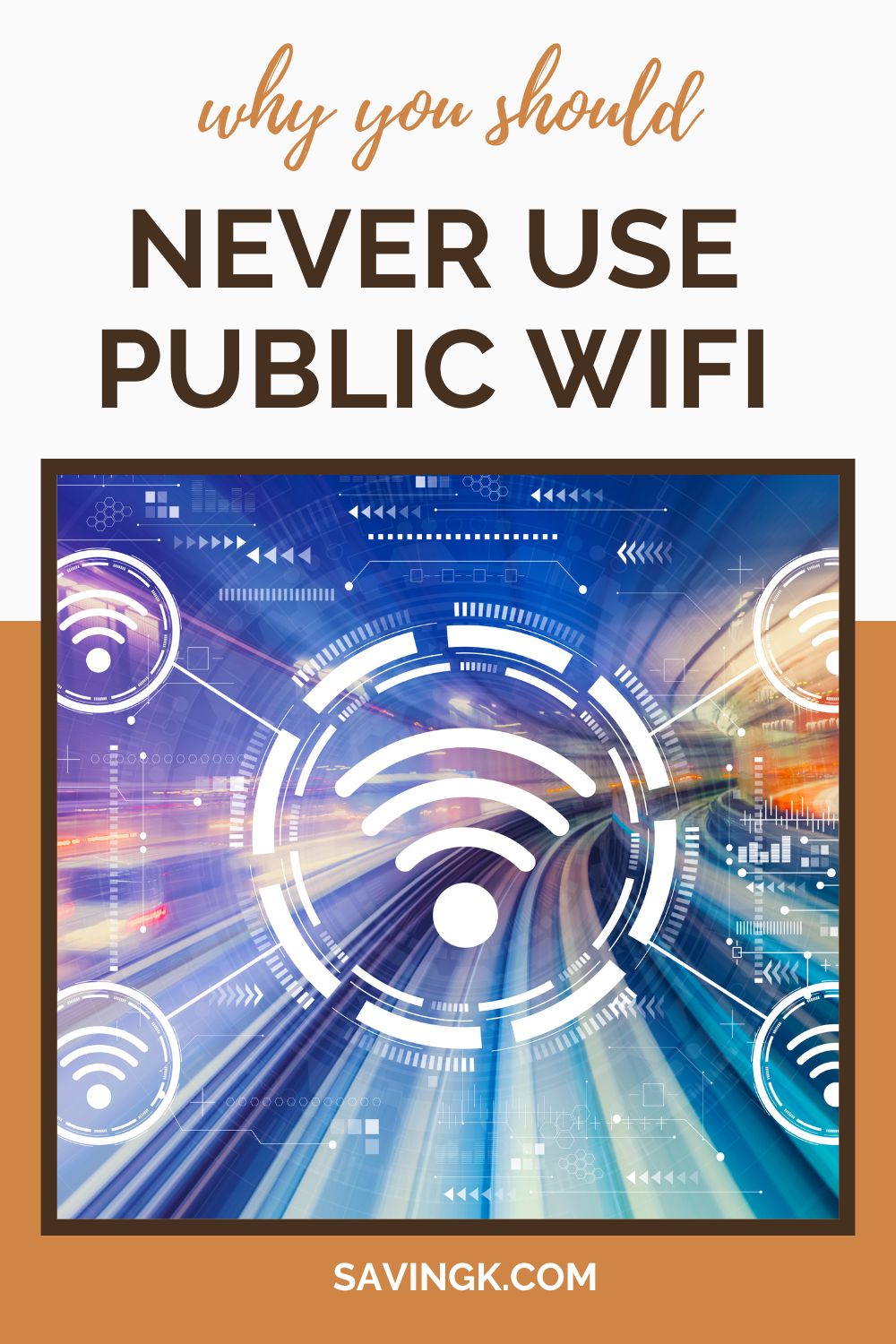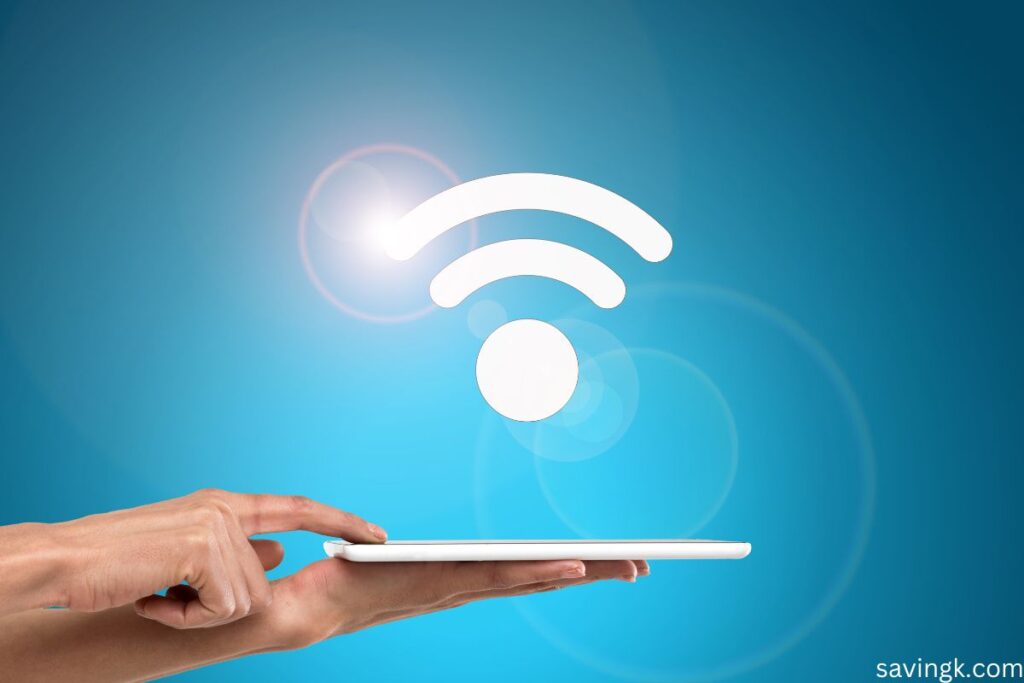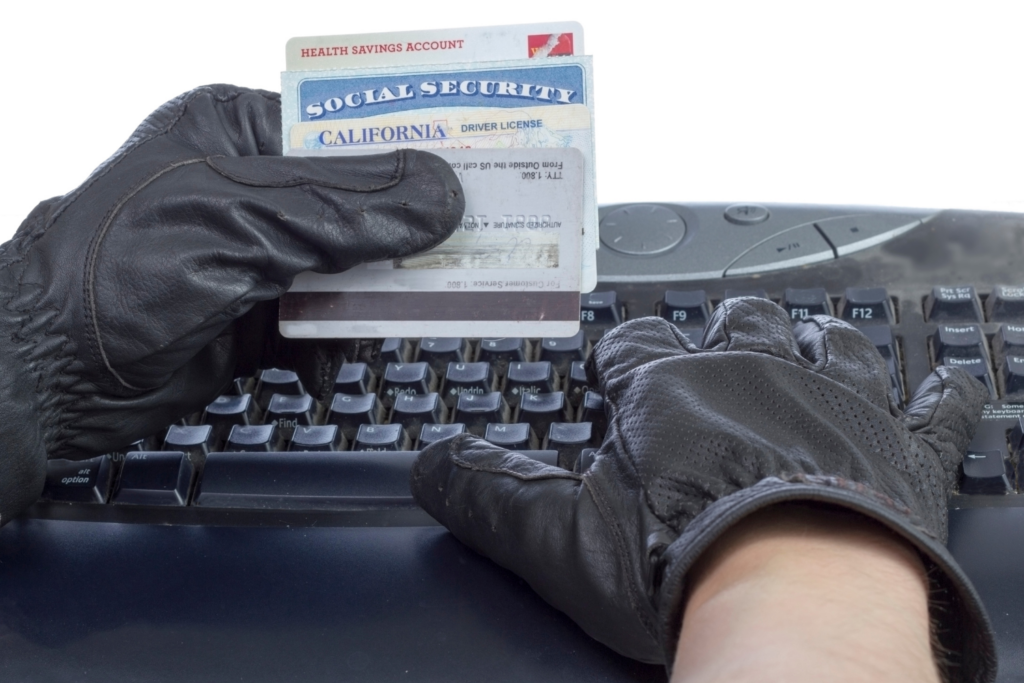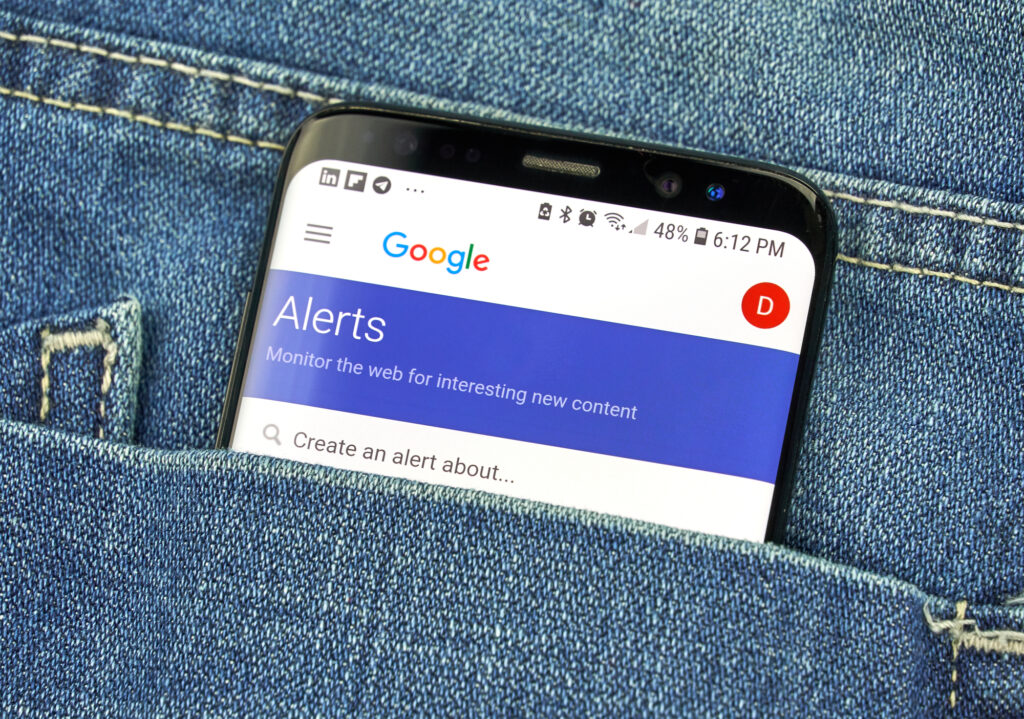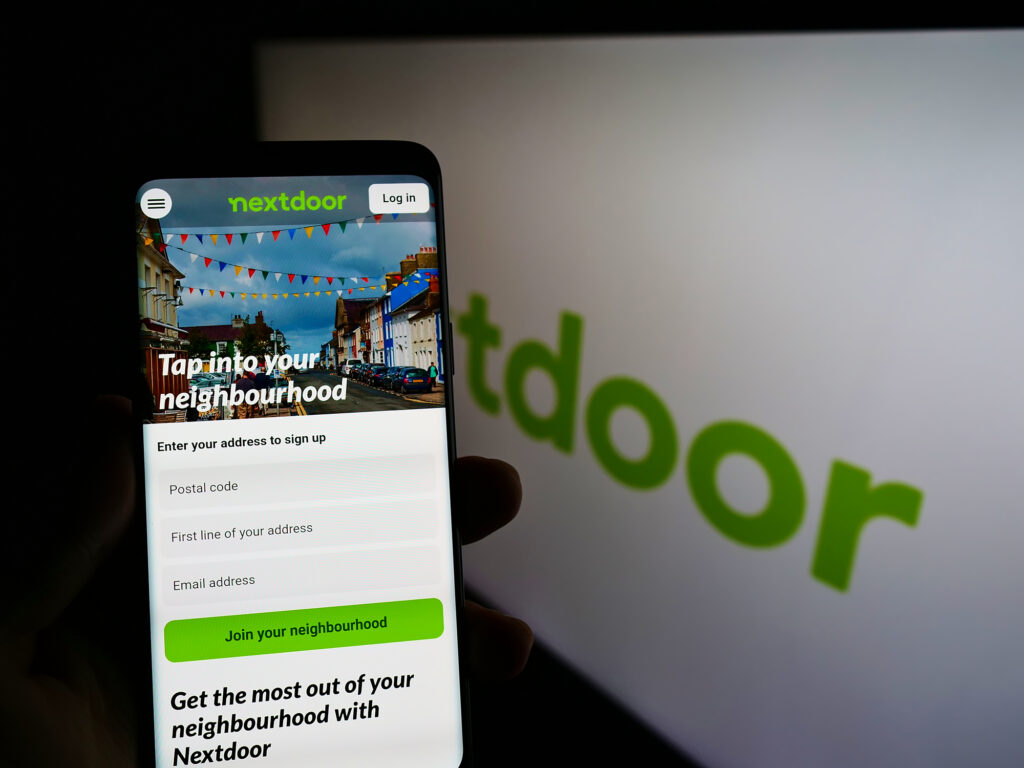
In today’s world of constant connectivity, public WiFi hotspots are everywhere—coffee shops, airports, hotels, and libraries. While these free networks may seem convenient, they pose significant risks to your personal and financial security.
Contents
6 Reasons To Never Use Public WiFi
Before you connect to that open network, here’s why you should think twice.
1. Hackers Love Public WiFi
Public WiFi is often unencrypted and unsecured, making it a goldmine for hackers. Cybercriminals can use techniques like “packet sniffing” to intercept data transmitted over these networks. This means everything from your login credentials to sensitive emails could be stolen in a matter of seconds.
2. Man-in-the-Middle Attacks
A common threat on public WiFi is the Man-in-the-Middle (MITM) attack. In this scenario, a hacker positions themselves between your device and the network, intercepting all communications. This gives them access to private information, like passwords, banking details, or even your identity.
3. Fake WiFi Networks
Hackers can set up rogue WiFi networks with names that mimic legitimate ones, such as “Airport_FreeWiFi” or “Starbucks_Guest.” Once you connect, the hacker can monitor your activity, steal sensitive data, or even inject malware into your device.
4. Malware Injection
Some public networks can expose your device to malware. Hackers can exploit vulnerabilities to send malicious software to your phone or computer. Once infected, your device might become a tool for further attacks or have its data held hostage by ransomware.
5. Risk to Financial Transactions
Conducting financial transactions over public WiFi is a recipe for disaster. Online banking, shopping, or accessing sensitive accounts on an unsecured network puts your data at serious risk. If intercepted, your financial information could be used to drain your accounts or commit fraud.
6. Lack of Encryption
Many public WiFi networks don’t use encryption, meaning data transmitted between your device and the internet is like a postcard anyone can read. Without proper encryption, it’s incredibly easy for hackers to see everything you’re doing online.
How to Stay Safe
If avoiding public WiFi altogether isn’t practical, here are a few ways to protect yourself:
- Use a VPN (Virtual Private Network): A VPN, such as NordVPN, encrypts your internet traffic, making it nearly impossible for hackers to intercept your data.
- Avoid Sensitive Activities: Never log into financial accounts, enter passwords, or make purchases on public WiFi.
- Use Your Mobile Data: When in doubt, switch to your mobile data or set up a personal hotspot for a more secure connection.
- Verify Network Names: Ensure you’re connecting to the official network and not a rogue copycat.
- Enable Two-Factor Authentication: Even if someone steals your password, two-factor authentication adds an extra layer of security.
Conclusion
While public WiFi is tempting due to its convenience, the risks far outweigh the benefits. Hackers are constantly finding new ways to exploit these networks, and connecting to one could leave your personal and financial data exposed. Whenever possible, opt for secure alternatives like mobile data or use a VPN to protect yourself. In today’s digital age, a little caution can save you from major headaches down the road.
